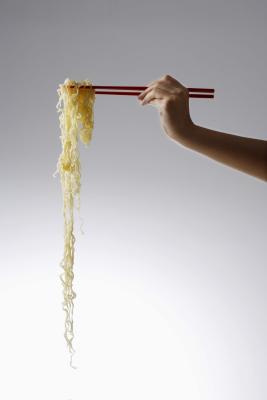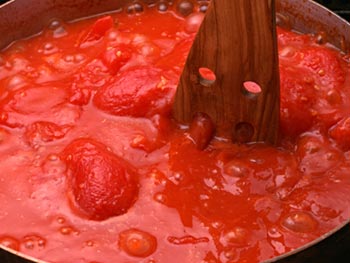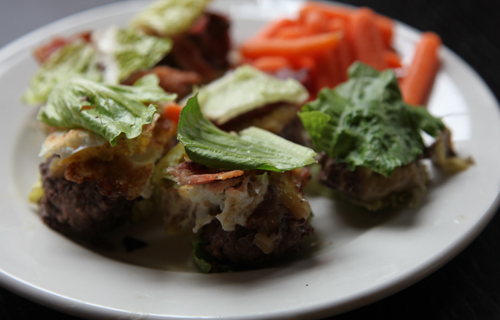This day and age, carbohydrates get a bad rap. In reality, carbs are essential for mental and physical performance as the body uses these sugar molecules for fuel. Not consuming enough carbs can result in low energy levels or even, perhaps, even a state of ketosis.
Fruits contain not just carbohydrates - but also a whole slew of great vitamins, minerals, antioxidants and fiber. Because fruits are so nutrient-rich, itâs important to find ways to incorporate them into whatever crab-restrictive diet plan you may choose.

Just because you're on a carb-restrictive diet doesn't mean forgoing fruit. Use this list to incorporate lower-carb fruits into your diet.
To that end, the chart below sorts common fruits from low to high carb per serving. Use this chart as a general guide to make nourishing fruits a part of your balanced diet:
- Date, 1 fresh: 2 carbs
- Rhubarb, 1/2 cup: 3 carbs
- Apricot: 4 carbs
- Passion fruit: 4 carbs
- Lychees, 1 oz: 5 carbs
- Prune, 1 dried: 5 carbs
- Strawberries, 1/2 cup: 5 carbs
- Cranberries (raw) 6 carbs
- Tomato: 6 carbs
- Papaya, 1/2 cup: 7 carbs
- Raspberry, 1/2 cup: 7 carbs
- Blackberries, 1/2 cup: 9 carbs
- Blackcurrants: 9 carbs
- Grapes, 10 medium: 9 carbs
- Plum: 9 carbs
- Tangerine: 9 carbs
- Blueberries, 1/2 cup: 10 carbs
- Fig: 10 carbs
- Guava: 10 carbs
- Lime with peel: 10 carbs
- Peach: 10 carbs
- Pineapple, 1/2 cup: 10 carbs
- Kiwi: 11 carbs
- Avocado: 12 carbs
- Cherries, 1/2 cup: 12 carbs
- Grapefruit: 12 carbs
- Lemon with peel: 12 carbs
- Melon - honeydew, 1/10: 12 carbs
- Nectarine: 16 carbs
- Orange: 16 carbs
- Apple: 21 carbs
- Melon - cantaloupe, 1/2: 22 carbs
- Pear: 25 carbs
- Banana 27 carbs
- Raisins 1/2 cup 29 carbs
- Mango 35 carbs
- Dates dried with sugar 62 carbs













